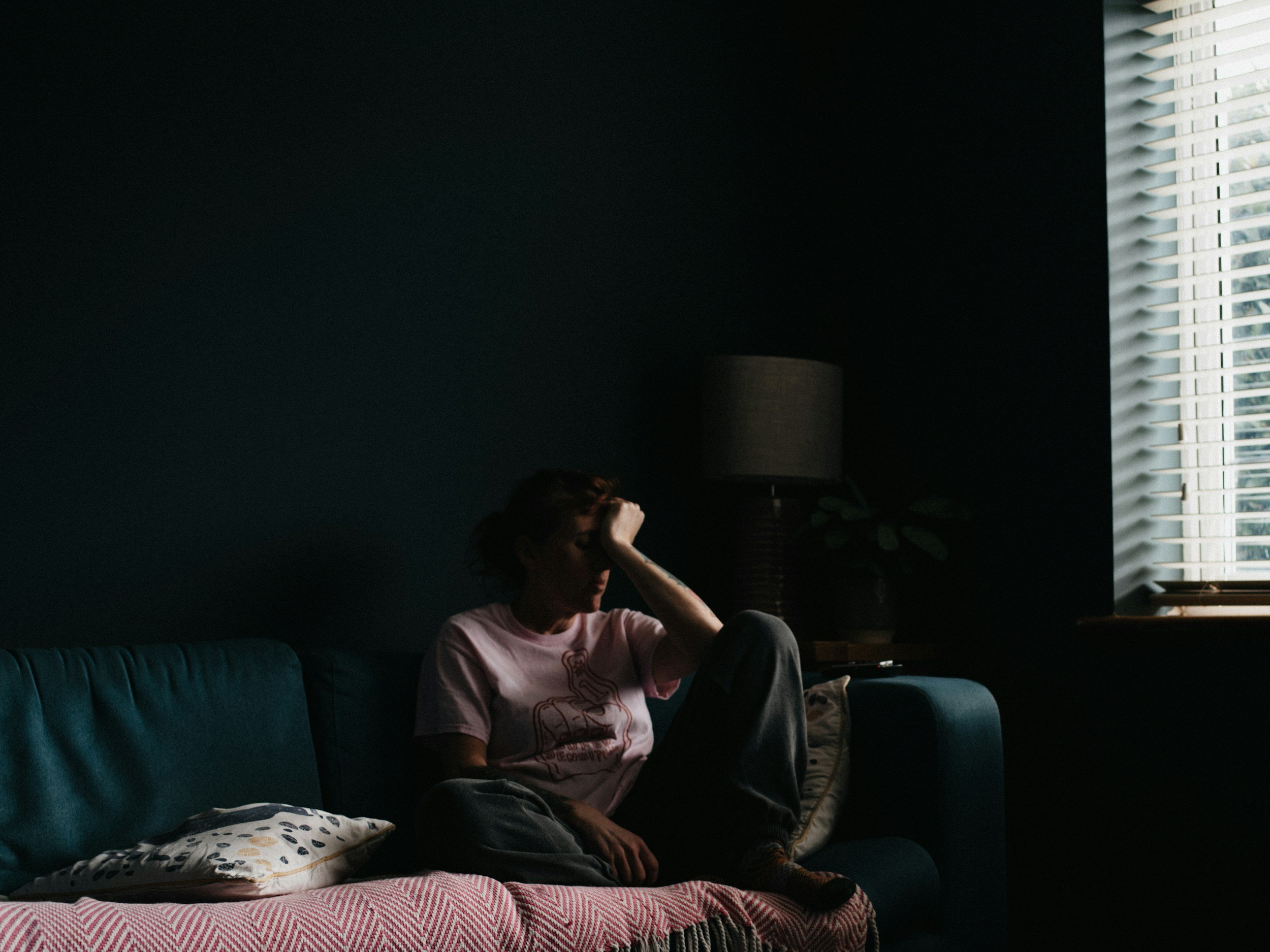Why Can't I Sleep Earlier Even Though I Want To?
Key Takeaways
Practical Solutions First: Start with actionable steps like establishing an evening wind-down ritual, managing worry through journaling, adjusting bedroom lighting, and setting a consistent bedtime.
Your Face Holds Clues: Facial structures, especially around the eyes, forehead, and ears, can reveal stress, anxiety, and emotional imbalances contributing to sleep issues.
Chinese Face Reading Insights: Under-eye puffiness, a wrinkled forehead, or thin ears may indicate stress or weak willpower, making it harder to establish healthy sleep habits.
Western Physiognomy Perspective: Features like tense jaws, furrowed brows, or an overactive gaze may suggest chronic stress and an inability to relax before bedtime.
Personalized Solutions with Physiognomy.ai: Through AI-powered facial analysis, Physiognomy.ai provides tailored solutions based on your face, offering actionable advice to improve your sleep routine.
Have you ever told yourself, "Tonight I'll go to bed early", only to find yourself still wide awake past midnight scrolling through your phone or deep in thought about tomorrow’s to-do list? This issue, though seemingly simple, is a significant struggle affecting countless individuals. The good news is you're not alone, and this issue can indeed be solved with practical actions combined with insights from physiognomy.
Practical Steps to Help You Actually Sleep Earlier
1. Create an Evening Wind-Down Ritual
Instead of abruptly forcing yourself to sleep, create a calming ritual about an hour before bedtime. It can include:
Switching off screens: Turn off mobile phones, tablets, and TVs 60 minutes before bedtime.
Taking a warm bath: Warm water relaxes muscles and signals your brain that it's time to rest.
Drinking calming tea: Chamomile or lavender tea relaxes your body, encouraging natural drowsiness.
2. Write a "Tomorrow List"
Often we lie awake because our minds refuse to let go of worries about the next day.
Keep a notebook beside your bed.
Before you sleep, jot down everything you need to do tomorrow.
Writing down your tasks physically helps your brain let go and reassures you that you won’t forget.
3. Adjust Your Bedroom Lighting
Lighting significantly impacts sleep quality and duration.
Use warm, dim lighting in your bedroom to cue your body to produce melatonin naturally.
Consider blackout curtains or an eye mask to eliminate external light.
4. Set Clear and Firm Boundaries
Consistency is key for better sleep:
Choose a set bedtime and wake-up time.
Stick to these timings even on weekends.
Consistency will help reset your body's internal clock.
Chinese Physiognomy Insight
Eyes and Kidney Energy (Qi): In Chinese face reading, known as "Mian Xiang", the area under your eyes is associated with kidney Qi. Dark circles, puffiness, or sunken eyes can suggest imbalanced kidney energy, typically caused by prolonged stress or anxiety. Such an imbalance frequently results in difficulties calming down at night and sticking to a consistent bedtime.
Heavenly Court - Forehead Area: Your forehead reflects emotional stress and mental tension. Prominent lines or discoloration can indicate excessive mental activities, worries, or anxieties. This mental strain interferes with relaxation, making it difficult for your mind and body to settle down at night.
Ear Shape and Resilience: In Chinese physiognomy, ears that appear thin or lacking clear definition may imply lower resilience or weaker willpower, making it harder for you to maintain good habits like going to bed on time consistently.
Western Physiognomy Insights
Forehead Shape and Lines: A prominently lined forehead often reveals a habit of chronic worry and overthinking. This overthinking directly interferes with your ability to switch off and sleep on time, highlighting the need for targeted mental relaxation strategies.
Eye and Brow Tension: An intense or worried expression around the eyes and brows is common in individuals who habitually experience internal restlessness, keeping their minds active long after their bodies should have rested.
Jaw Tension: A tight jaw can be an outward sign of underlying stress or inner tension, translating directly into difficulty in relaxing and falling asleep at the desired time.
How Physiognomy.ai Can Specifically Help You:
When you engage our service at Physiognomy.ai, you receive a personalized facial analysis that reveals the hidden factors causing your sleep difficulties. By carefully examining your unique facial structures through advanced AI analysis combined with traditional physiognomic wisdom, you’ll obtain:
A precise evaluation of stress indicators visible on your forehead, eyes, and jaw.
Individualized strategies to rebalance your energy and manage your stress more effectively, tailored specifically to your facial features.
Practical recommendations on building new habits, routines, and mental techniques that directly address your physiognomic patterns, helping you establish a sustainable early bedtime routine.
Understanding your unique facial structure doesn't just provide explanations; it points to concrete steps you can take toward lasting improvement.
Why Struggle Alone? Let's Solve This Together
Sleep is foundational to your health, happiness, and productivity. If you've tried numerous strategies without success, it's time for a personalized approach. With our expertise in physiognomy and cutting-edge AI technology, we provide actionable, personalized solutions designed around your facial structure and individual characteristics.
Discover the hidden reasons behind your sleep struggles. Book your personal Physiognomy.ai report today and reclaim your restful nights!












